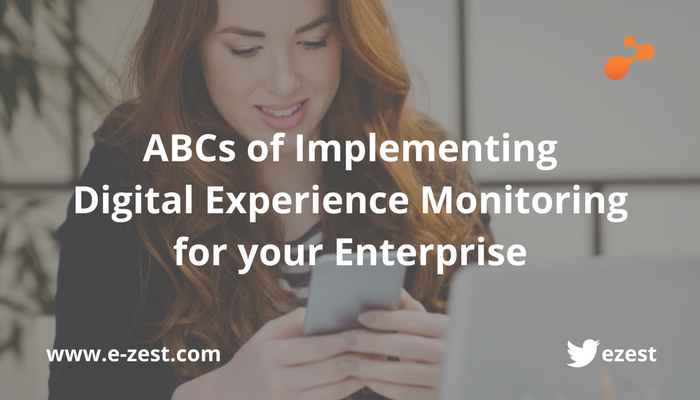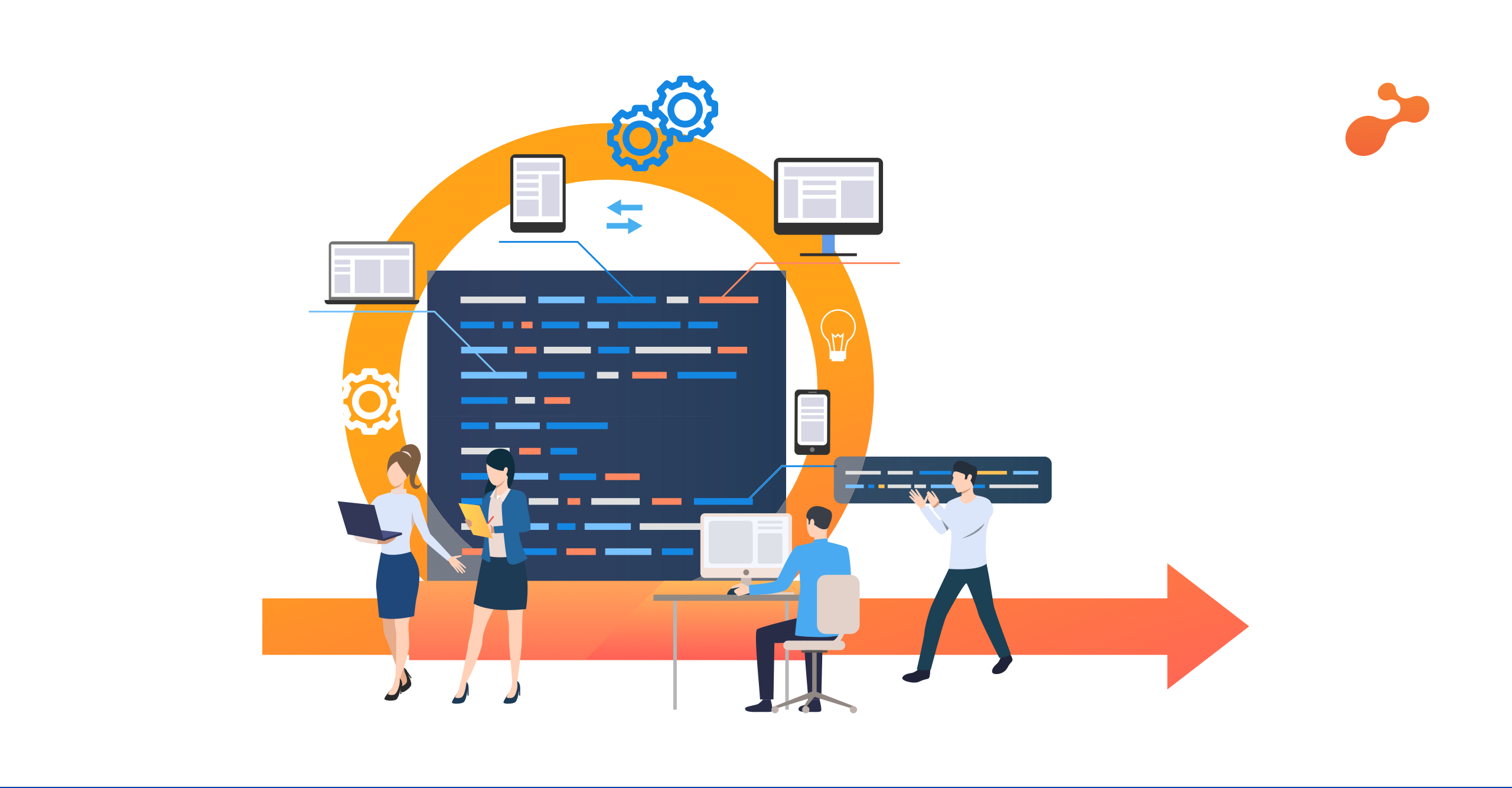The online sales market increases by more than 20% every year and it is predicted to grow from $2.8 trillion in 2018 to $4 trillion in 2020. According to statistics proposed by Bigcommerce, 51% of Americans prefer to buy online and only 56% of online stores have a physical store.
This clearly surfaces the enormous growth of digital commerce within a short period of time. Even businesses that were apprehensive about having an online presence have now gone online to survive competition in an increasingly internet-oriented market.
Given this market perspective, it is clear that if you don’t pay attention to the online presence of your business, you could miss out on a huge portion of your potential sales. Gaining an online audience therefore should become the top priority of your sales team so you could reach the masses and maximise profits digitally.
Here are the top 7 digital commerce trends that should be on your radar for 2018.
1. Mobile-oriented traffic
Conducting research on a desktop computer may soon become obsolete considering the plethora of mobile devices that have flooded the market in recent times. Working on the move and purchasing via mobile applications has become trendy and who doesn’t love to have everything at the ease of their fingertips? According to a 2017 Statista report, about 39% of sales is via mobile devices and until 2020 mobile traffic is predicted to increase 8 times. Taking your e-commerce to a mobile application is key to accelerating sales.
2. Personalization
While purchasing online, users cannot touch or feel the product they are buying. This is one of the reasons buyers have reservations for instant online purchases.
Many websites and mobile applications now have a try-on feature to help convert a potential sale into a definite purchase.
Lenskart is an online eyeglass store popular in India. The website is equipped with a feature that permits its potential buyers to upload their picture and assess whether a certain eyeglass/sunglass matches their facial features.
Incorporating augmented reality devices to assist potential buyers with their purchasing decisions is therefore a wise investment.
3. Chatbots
Chatbots are interactive computer programs that conduct a conversation via auditory or textual methods. Users shopping on a website can have their queries answered without human interaction.
Chatbot applications can send users personalised marketing oriented content. Moreover, they suggest what can you purchase based on your latest search and help you take decisions.
4. Big Data Analytics
Big data analytics is a trending practice that many online businesses are using. Big data helps in keeping a tab in respect of tracking the entire journey of a customer from the entry to the exit.
Categorization of customer into different categories based on their purchasing patterns and demographic details is possible using Big Data analytics.
Many companies have already kicked off using Big Data for real-time analysis. RTBDA which stands for Real-Time Big Data Analytics feeds into sales by providing customers with items that are suited to their preferences based on the result of the conducted analysis.
5. Artificial Intelligence (AI):
From self-checkout money registers to airplane terminals security checkouts, artificial intelligence is just about everywhere.
It’s widely anticipated that AI will dominate the field of e-commerce in the next couple of years with giants such as Google and Microsoft already investing heavily into new AI initiatives. Google’s recent £400m purchase of start-up DeepMind, the artificial intelligence company that specialises in algorithms and machine learning for positive impact, is just one of many expected acquisitions, as the potential of such technology becomes a reality.
In fact, a recent study by Business Insider suggests that as much as 85% of customer interactions will be managed without a human as early as 2020.
Many digital commerce businesses are already using forms of AI for creating customer-centric search tools, retargeting potential customers, identifying exceptional target prospects, creating a more efficient sales process, introducing new levels of personalisation across multiple devices, and bridging the gap between personalisation and privacy.
6. Video Content
Customers’ expectations are growing threefold. They prefer personalised and visually engaging online shopping experiences.
According to a recent study, 52% of consumers said that watching videos makes them more confident about their purchase decisions.
Videos not only boost your brand’s voice but also build an emotional bond with your customers. To give your product and brand the creative flexibility, using engaging video product demonstrations and promotions will help you drive conversions, also increase average order values, increase margins, and reduce return and development costs.
7. Speedy Delivery
The speed of delivery directly feeds into sales.
According to the recent study, 96% of customers want delivery within 24 hours. The online stores that provide this service have reported an increase in their sales figures. For example, Amazon offers the option for next day delivery to their prime members. Zoot, a sportswear company too has that option.
There is no doubt that online businesses that offer better and more convenient delivery options will perform well when it comes to driving website conversions.
All these trends prove that customer service and merchandising should also go virtual for your e-commerce business to flourish.







